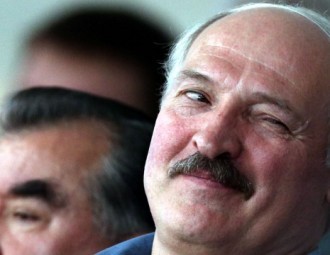Lukashenka urged Russia not to get indignant because of normalization in Belarus-West relation

Belarus President also stated that Belarusans haven’t been and won’t be traitors.
Belarus will work to normalize relations with the West. But it also will continue cooperating with Russia, President Aliaksandr Lukashenka said on 15 January at the sixth special session of the fifth-convocation House of Representatives of the National Assembly of the Republic of Belarus.
“Why should we refuse to cooperate with them? Our relations with the West are a bit different. But we need to build them up. The fact that Belarus is pursuing better relations with the USA and the EU should not worry anyone, either in Belarus or in Russia,” BelTA quotes Lukashenka saying.
He emphasized that Belarusans won’t be traitors.
He also noted that the country’s trade with Russia and the European Union member-states is almost at an equal level: “Why should we refuse to cooperate with them?”
According to the President, Belarus’ relations with the West will be “a bit different”, “but we need to build them up”.
The head of state also marked that he understands foreign countries will be watching the presidential election in Belarus, Belsat informs. Lukashenka emphasized that the election will be fair and held in accordance with the Constitution.
-
03.01
-
07.10
-
22.09
-
17.08
-
12.08
-
30.09








































